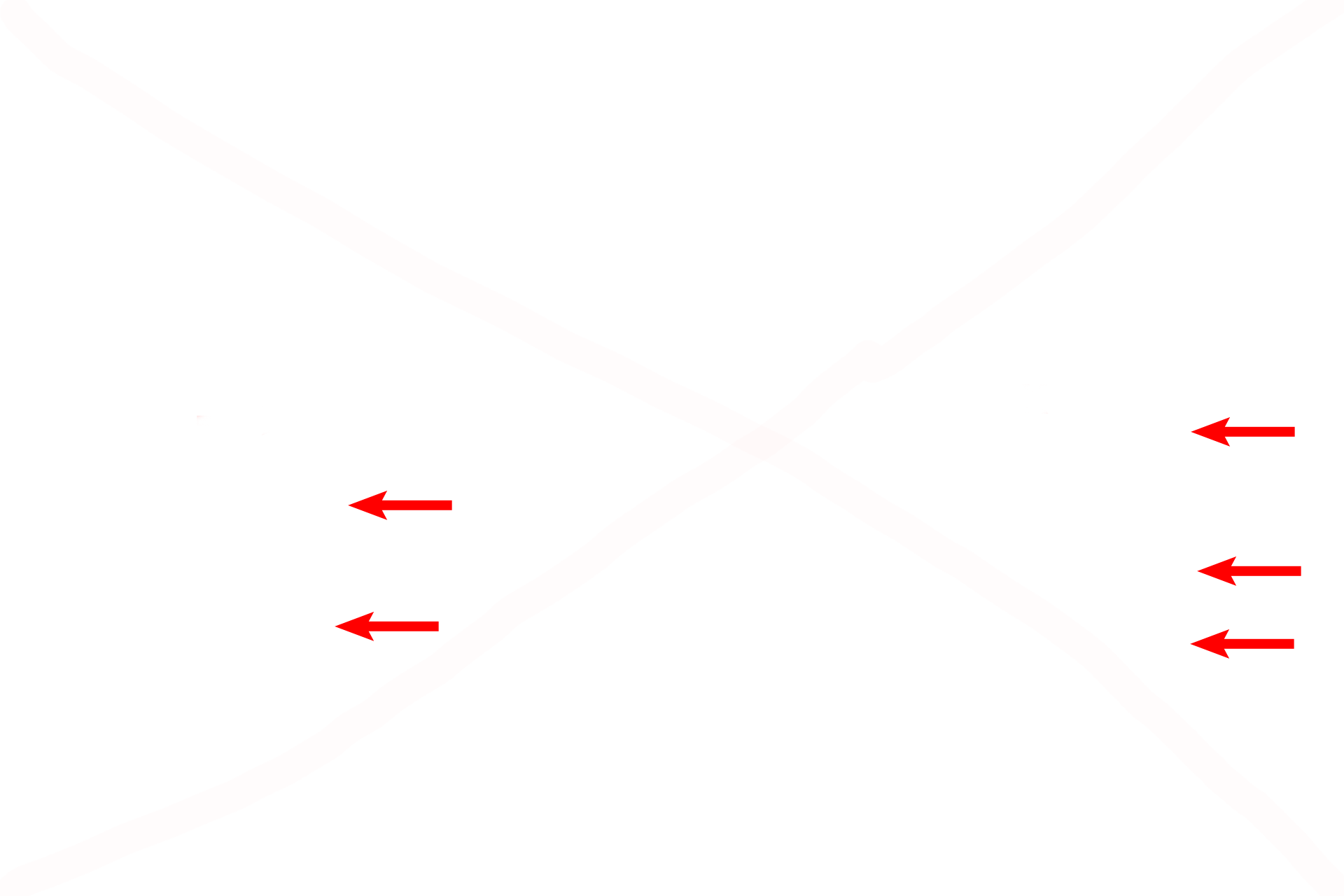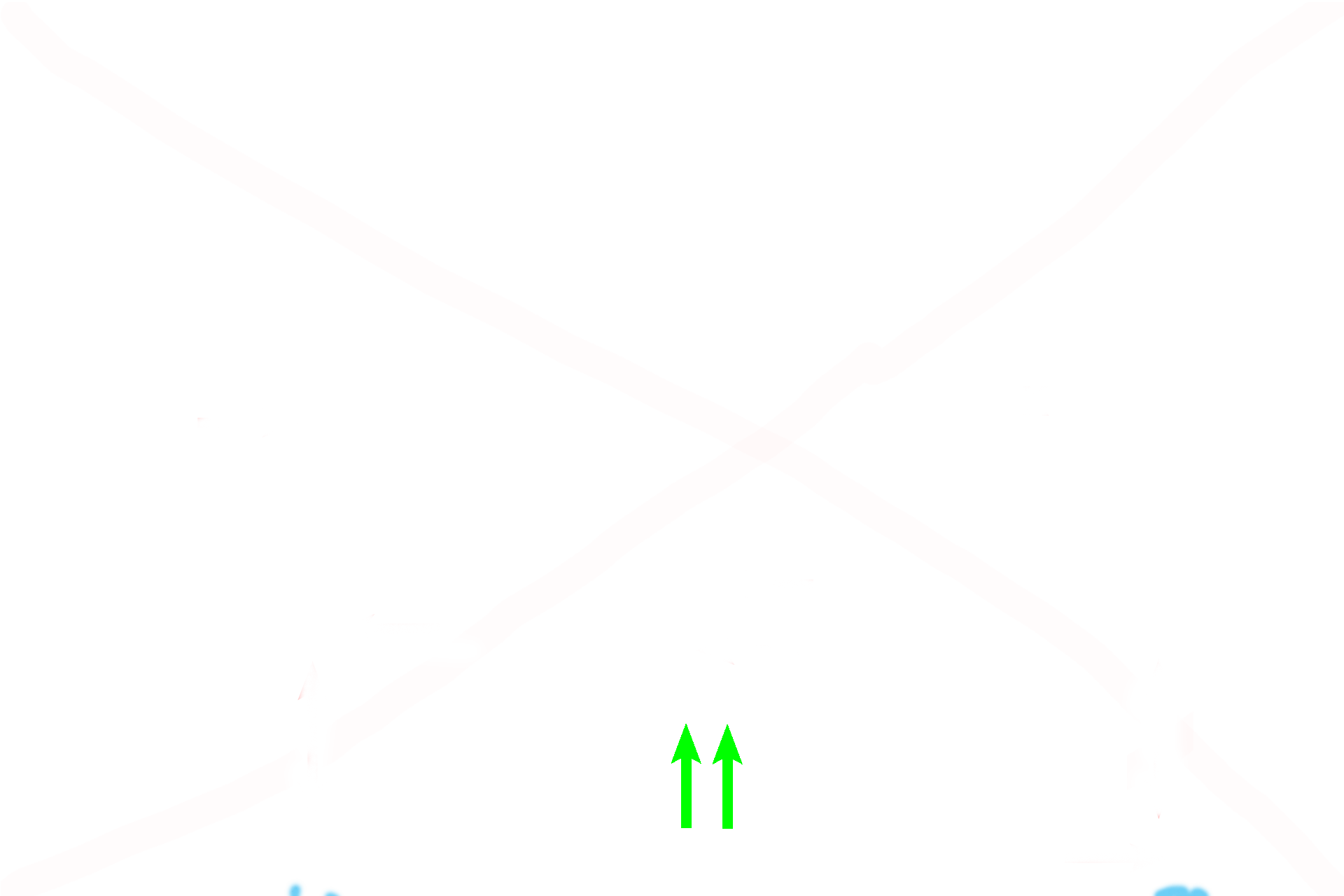
Respiratory: overview
The respiratory system is composed of tubular passages that conduct outside air into lung alveoli where oxygen and carbon dioxide are exchanged. Passages that only conduct air belong to the conducting portion of the respiratory system; passages that participate in gas exchange belong to the respiratory portion of the system.

Nasal cavities >
Respiratory passages located outside the lung are referred to as extrapulmonary. These frontal and mid-sagittal views of the head and neck illustrate the extrapulmonary components of the conducting portion of the respiratory system. The inset shows the trachea dividing into two primary bronchi (in red), one supplying each lung.

Pharynx
Respiratory passages located outside the lung are referred to as extrapulmonary. These frontal and mid-sagittal views of the head and neck illustrate the extrapulmonary components of the conducting portion of the respiratory system. The inset shows the trachea dividing into two primary bronchi (in red), one supplying each lung.

Larynx
Respiratory passages located outside the lung are referred to as extrapulmonary. These frontal and mid-sagittal views of the head and neck illustrate the extrapulmonary components of the conducting portion of the respiratory system. The inset shows the trachea dividing into two primary bronchi (in red), one supplying each lung.

Trachea
Respiratory passages located outside the lung are referred to as extrapulmonary. These frontal and mid-sagittal views of the head and neck illustrate the extrapulmonary components of the conducting portion of the respiratory system. The inset shows the trachea dividing into two primary bronchi (in red), one supplying each lung.

Primary bronchi
Respiratory passages located outside the lung are referred to as extrapulmonary. These frontal and mid-sagittal views of the head and neck illustrate the extrapulmonary components of the conducting portion of the respiratory system. The inset shows the trachea dividing into two primary bronchi (in red), one supplying each lung.

Lungs
Respiratory passages located outside the lung are referred to as extrapulmonary. These frontal and mid-sagittal views of the head and neck illustrate the extrapulmonary components of the conducting portion of the respiratory system. The inset shows the trachea dividing into two primary bronchi (in red), one supplying each lung.
